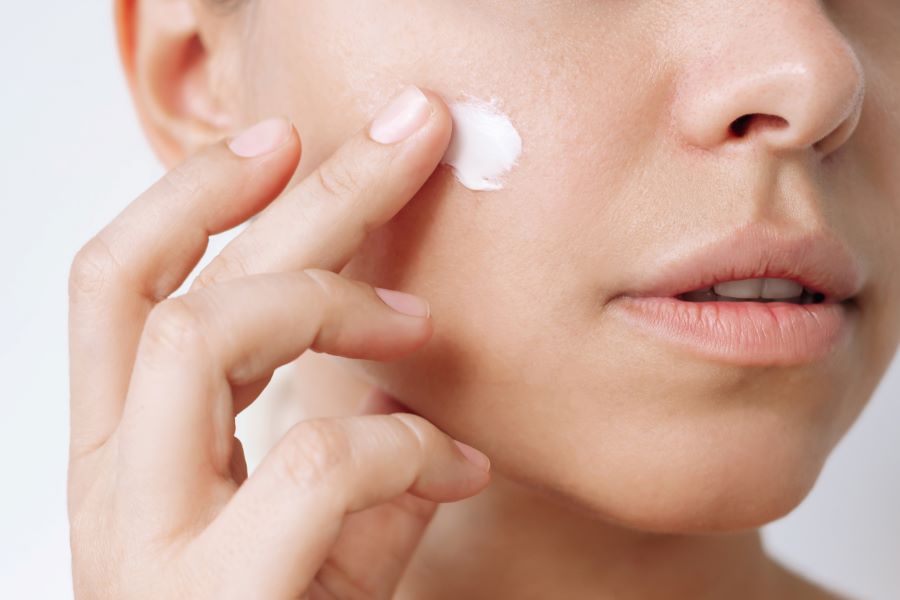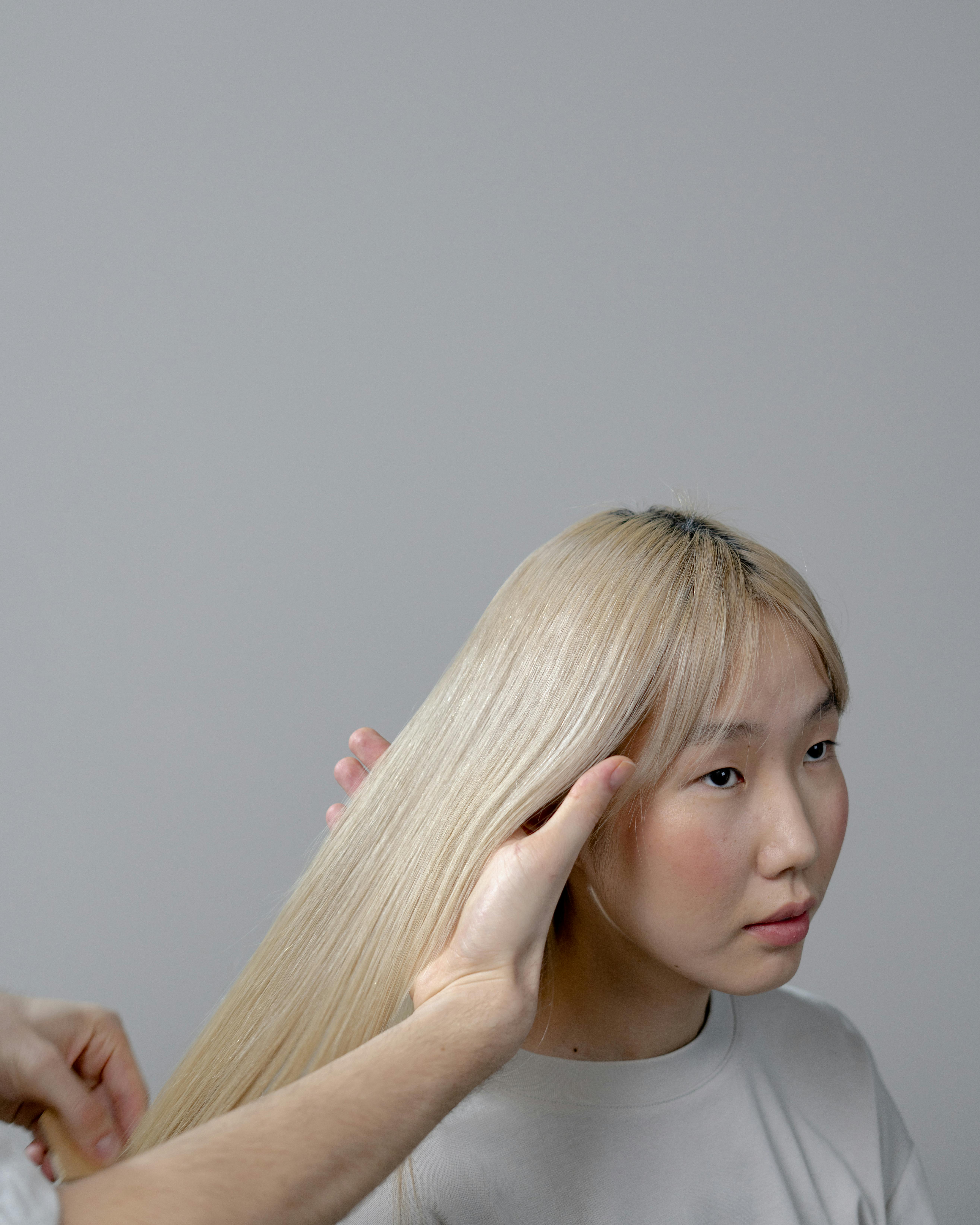The Impact of Natural Beauty: From Historical Authenticity to Modern Trends
The idea of natural beauty is not new. For centuries, societies around the globe have revered the inherent beauty found in nature, in the authentic and unaltered. This respect for unaltered beauty has remained a constant theme throughout human history, shaping the foundations of our beauty ideals. However, in our present day, with the rise of technology and a growing awareness of environmental sustainability, the concept of natural beauty is being redefined, creating a distinct impact on beauty standards, trends and the industry at large.

The Historical Significance of Natural Beauty
Natural beauty, in its purest form, is beauty that is free from artificial enhancements. Throughout history, different cultures have celebrated this concept. For instance, in ancient Greece, beauty was seen as a sign of holiness, with minimal makeup used to preserve the natural features. In contrast, the Elizabethan era in England saw women use harmful cosmetics to achieve a pale, porcelain-like complexion, a trend which was later discarded in favor of a more natural appearance.
The 19th century saw the rise of the Romanticism movement, which emphasized individualism, emotion, and a love for nature. This movement significantly influenced perceptions of beauty, with an increased appreciation for natural landscapes, raw emotions, and unaltered beauty.
The Shift Towards Natural Beauty in the Modern Era
In the 21st century, the idea of natural beauty has taken on a new dimension. With the advent of technology and the surge in consumer awareness, the beauty industry has seen a shift toward natural, organic, and environmentally friendly products. This trend reflects a growing desire for authenticity and transparency in the ingredients used, as well as a concern for the environmental impact of the beauty industry.
Today, natural beauty is not just about the absence of artificial enhancements, but also about sustainable practices and ethical consumption. It’s about embracing one’s unique features and promoting self-love. This shift is not only reshaping our beauty standards but also influencing the products and services offered by the beauty industry.
The Impact of Natural Beauty on the Beauty Industry
The rise in demand for natural beauty products has had a profound impact on the beauty industry. Brands are now focusing on creating products that are free from harmful chemicals, cruelty-free, and sourced sustainably. This trend has given rise to a new segment within the beauty industry, known as ‘clean beauty’.
Moreover, the shift towards natural beauty has also spurred innovation. Brands are leveraging technology to create products that are not only natural but also effective. For instance, advancements in biotechnology have enabled the creation of bio-fermented ingredients, which offer the benefits of natural ingredients without compromising on performance.
Reception and Critiques of the Natural Beauty Trend
While the natural beauty trend has been widely embraced, it is not without its critics. Some argue that the term ‘natural’ is often used ambiguously, with no clear definition or regulation. This lack of clarity can lead to ‘greenwashing’, where brands make misleading claims about the natural or eco-friendly nature of their products.
Moreover, the emphasis on natural beauty can inadvertently perpetuate a different set of beauty standards. The idea of ‘effortless beauty’ can be just as unattainable for many, leading to feelings of inadequacy or pressure to conform.
The Future of Natural Beauty
Despite the critiques, the natural beauty trend shows no signs of slowing down. As consumers become more educated and aware, the demand for transparency, sustainability, and authenticity is likely to continue. Beyond just products, the concept of natural beauty is also influencing services within the beauty industry, with an increase in demand for treatments that enhance rather than alter natural features.
In conclusion, the concept of natural beauty has evolved significantly over the centuries, from a simple appreciation of the unaltered to a complex interplay of sustainability, authenticity, and technology. Its impact is evident in our shifting beauty standards, the rise of clean beauty, and ongoing innovation within the beauty industry. Despite the challenges, the trend towards natural beauty represents a positive shift towards more conscious consumption and a broader, more inclusive definition of beauty.




